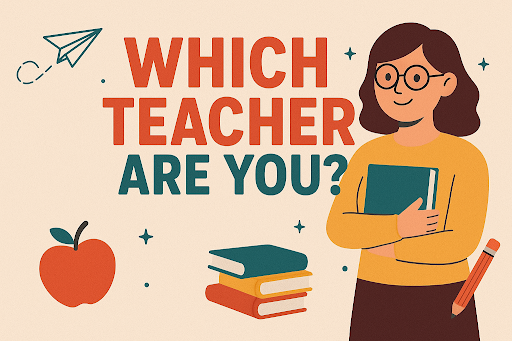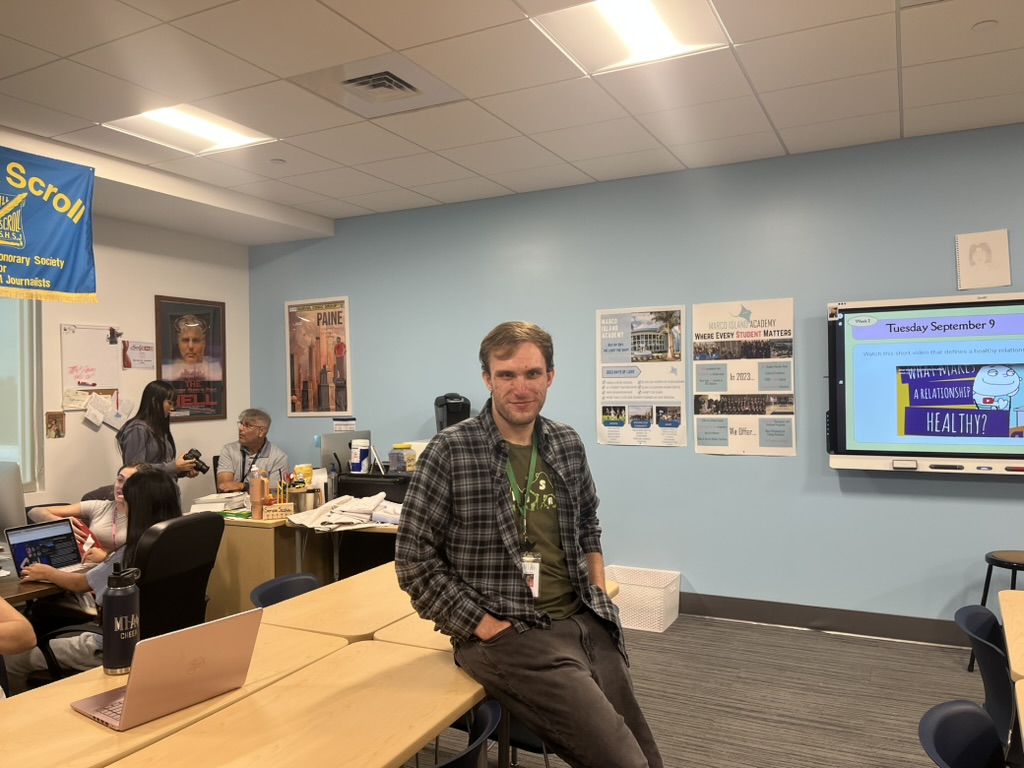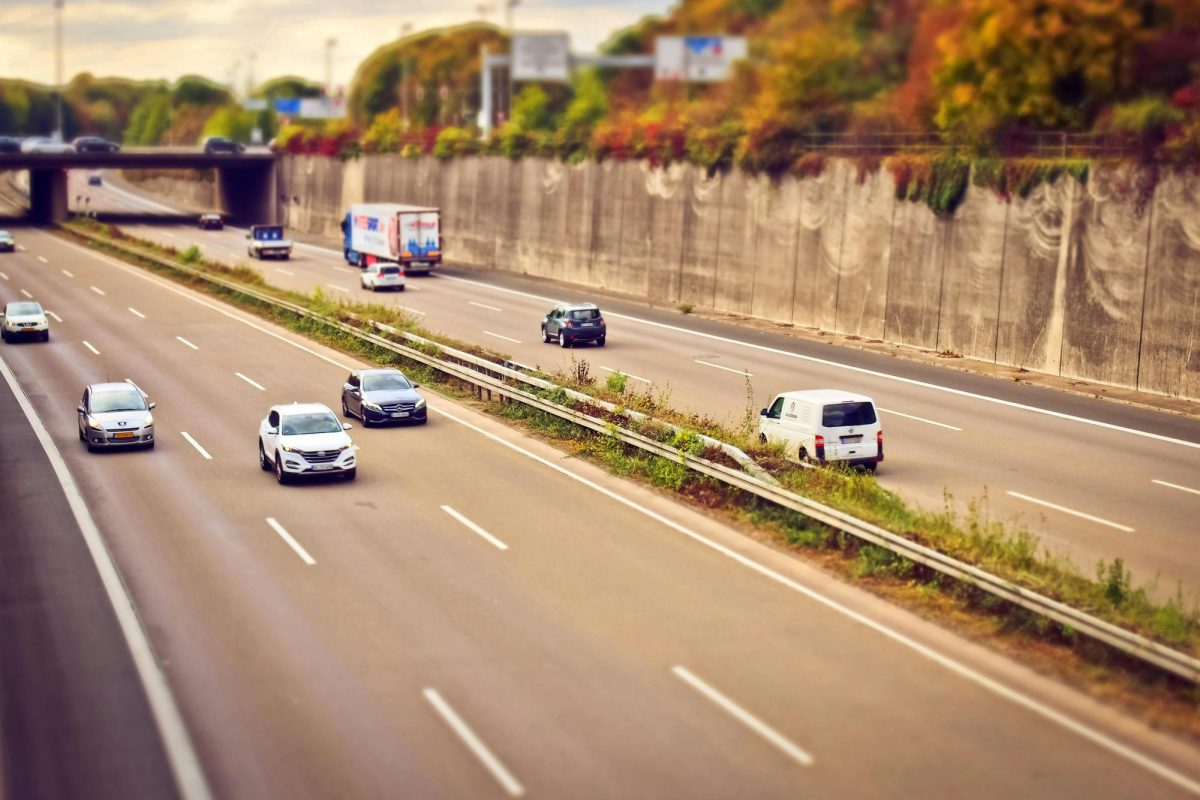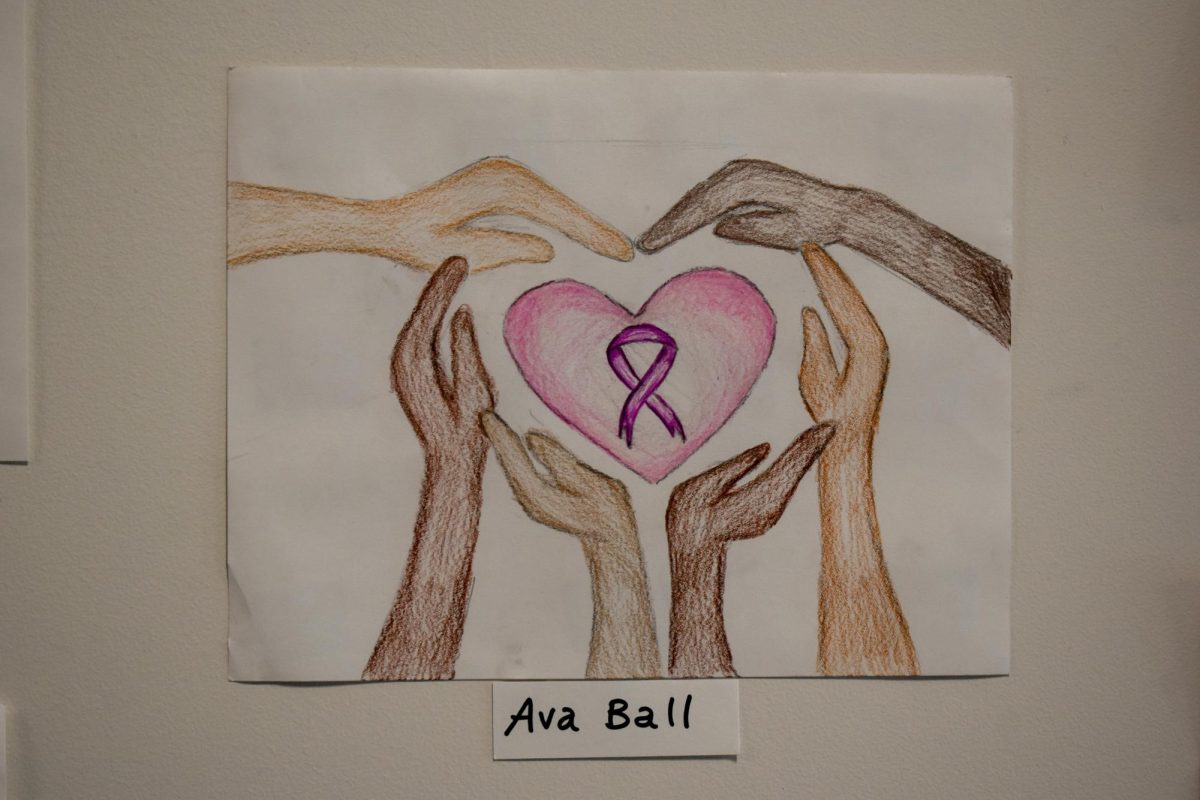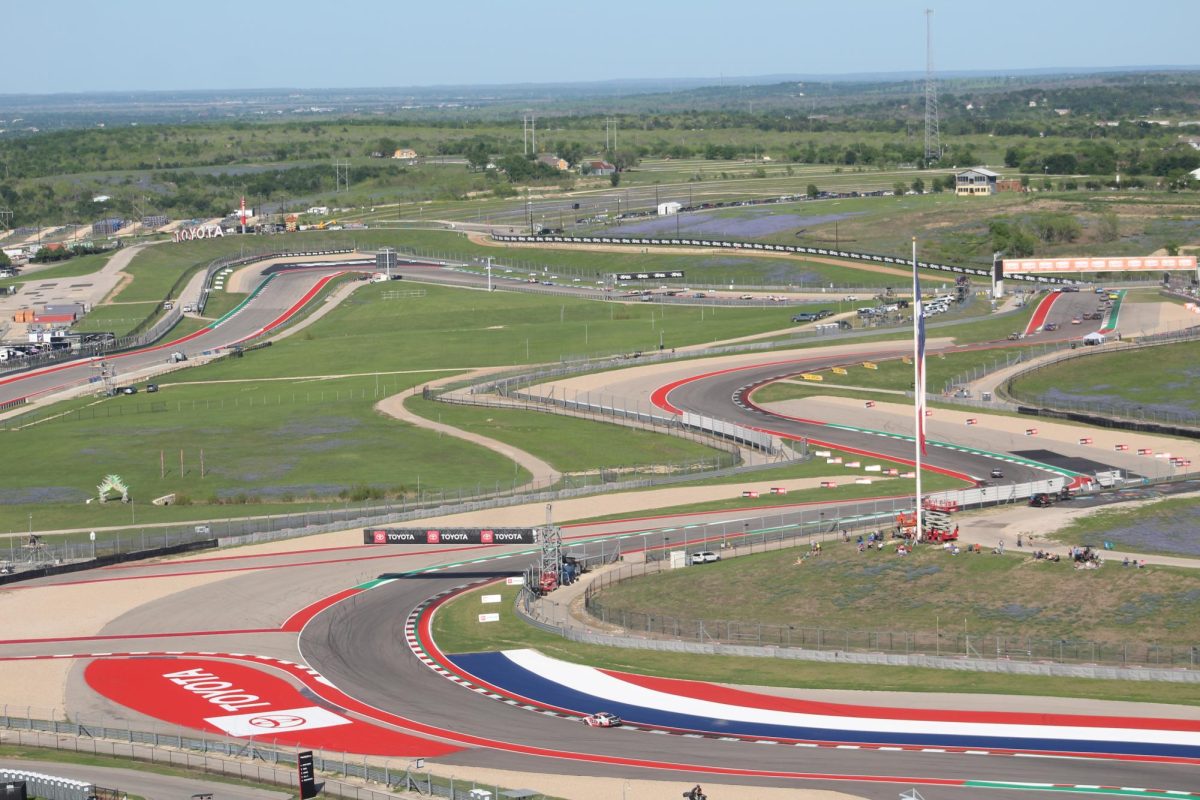Since the onset of the COVID-19 pandemic, musical festivals have undergone significant changes. Understandably, the pandemic has impacted nearly every aspect of human life, including these beloved events. Festivals, once bustling with music fans from around the globe, were abruptly disrupted or compelled to adapt due to public health concerns. However, as the world gradually emerges from the pandemic’s shadow, music events are making a successful comeback, albeit with a heightened focus on health and safety precautions. A prime example of this shift is the recent extravagant Coachella festival, which took place from April 12th to 14th (Weekend 1).
In the aftermath of the pandemic, music festivals have prioritized implementing comprehensive health and safety measures to minimize the risk of virus transmission among performers, staff, and attendees. Notably, festivals like Coachella and Lollapalooza have implemented stringent protocols to ensure the safety of all participants. Enhanced sanitation measures, such as regular cleaning of high-touch areas and the placement of hand sanitizer stations throughout festival grounds, have become standard practices. Additionally, to reduce physical contact and mitigate the risk of transmission, organizers have embraced contactless ticketing and cashless transactions. These innovations not only enhance safety but also contribute to a smoother, more efficient festival experience.
Another notable change is the communal atmosphere that once defined music festivals. These events have always served as vibrant communities where individuals connect and forge lasting experiences beyond simply enjoying concerts. Despite the challenges posed by the pandemic, festivals like Coachella and Lollapalooza remain steadfast in their commitment to fostering resilience and a sense of community. They offer diverse programming that caters to both mental and physical well-being, ranging from virtual dance parties to wellness workshops. These initiatives serve as a testament to the strength of the festival community as a whole, providing attendees with opportunities for reflection and self-care.
Furthermore, music festivals have reaffirmed their commitment to environmental sustainability alongside their emphasis on health and safety. Festivals are exploring innovative ways to reduce their environmental footprint, such as minimizing single-use plastics and introducing eco-friendly transportation options. Moreover, they are leveraging their platforms to promote sustainable practices among attendees and raise awareness of urgent environmental issues. By setting an example, festivals inspire people to adopt more environmentally conscious lifestyles, creating a ripple effect that extends beyond the festival grounds.
However, festivals are currently facing economic challenges, with events like Coachella having to lower ticket prices due to difficulties in selling out. Despite this, ticket prices remain relatively high, ranging from $499 to $599. This price adjustment could be attributed to the event’s fading prominence in the aftermath of COVID-19. Nevertheless, the future trajectory of festivals remains uncertain.
In conclusion, music festivals are evolving in response to the post-pandemic world. While uncertainties persist, one thing remains clear: the adaptability and resilience of the festival community will continue to drive creativity and innovation. Whether through embracing new technologies, fostering community engagement, or championing sustainability, festivals are redefining the essence of coming together to celebrate music and culture. Despite the evolving landscape of public health, the unwavering spirit of the festival experience continues to radiate the same energy, uplifting and uniting people from diverse backgrounds around the world.



